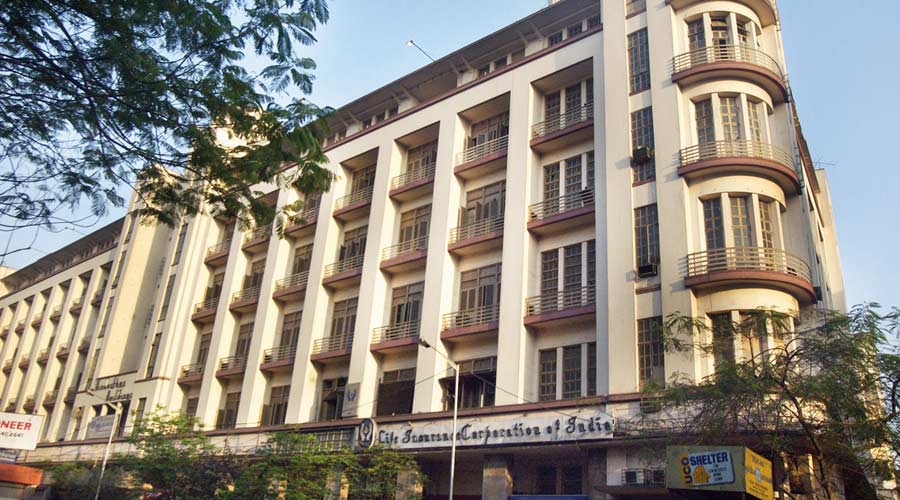The post-war political decolonization in the third world was followed by a struggle for economic decolonization that was no less intense. Many countries that were not formally colonies (hence did not experience political decolonization) but were dominated by metropolitan capital also joined the struggle for economic decolonization. As there was little industry in the third world at the time, the crux of this struggle was for getting back control over their natural resources and over sectors, such as finance and infrastructure that serviced the extraction of such resources, from foreign capital.
Metropolitan countries fiercely fought back such attempts at economic decolonization: Mohammad Mosaddegh in Iran was deposed for nationalizing the oil industry from the Anglo-Persian Oil Company; Jacobo Arbenz in Guatemala was overthrown for taking over land from the United Fruit Company of the United States of America; Gamal Abdel Nasser in Egypt was invaded by a joint Anglo-French force for nationalizing the Suez Canal; Salvador Allende in Chile was overthrown for nationalizing copper and so on.
In all these cases, the instrument for exercising national control over the relevant resource was the public sector. The public sector was the bulwark against metropolitan capital, the only possible means available to a third world country for economic decolonization.
India was not exempt from the depredations of metropolitan capital. The world oil industry in the 1950s was dominated by seven companies, and India’s oil needs were met through locally refining imported crude from the Gulf. Since the same companies extracted the crude and refined it here, they practised ‘transfer pricing’, which is estimated to have cost India about 10 per cent of its total annual export earnings at the time. When India asked these companies to refine the much cheaper crude offered by the Soviet Union, they flatly refused, prompting the then oil minister, K.D. Malaviya, to develop refinery capacity in the public sector which was later extended to exploration and extraction of domestic crude.
The pitfalls of getting metropolitan capital to develop an exhaustible resource are exemplified by the case of Myanmar, which, among other resources, also had oil. The extraction of oil produced a brief boom in that country, even as the proceeds were largely pocketed by the oil majors. When the resource got exhausted, they left Myanmar which was back to square one, minus its oil reserves; today it is counted among the ‘least developed countries’ of the world. To avert this danger, Rafael Correa’s government in Ecuador used the threat of providing monopoly rights to the country’s public sector to alter the relative shares of oil revenue from 89: 11 between the foreign companies and the government to 11:89. Correa, predictably, did not last long, but his threat succeeded temporarily because of the public sector.
Joan Robinson, the well-known Cambridge economist, draws a distinction between foreign capital in manufacturing and foreign capital in natural resources. In the former, there is at least a production facility that remains even when foreign capital leaves; in the latter, nothing remains when foreign capital leaves, having sucked out the country’s resource. The simple moral of the story is that under no circumstances should a country allow foreign capital anywhere near its exhaustible natural resources; and it can achieve this only on the strength of a public sector.
The case for a public sector is much broader, involving, for instance, technological self-reliance that is so essential for preventing arm-twisting by metropolitan capital; but it is incontestable in the case of natural resources, where the optimal rate of extraction is as important as the retention of revenue from the resource with the government so that the economy gets sufficiently diversified before the resource gets exhausted.
This is why the Narendra Modi government’s plan to privatize the public sector, other than about 60 units belonging to specific areas, and even among these to ‘monetize’ assets wherever possible, that is, to give them out to private companies on long leases, amounts to handing over the ‘commanding heights’ of the economy back to metropolitan capital. The units to be privatized include two public sector banks, the Life Insurance Corporation, Bharat Petroleum, the Shipping Corporation of India, and a host of other companies; besides, the Oil and Natural Gas Corporation is to shed 60 per cent of its interest in Mumbai High and Bassein fields to international players. The business of mineral resource extraction, which had already ceased to be a monopoly of the public sector some time ago, will now be thrown open to foreign capital as well.
Thus, the economic decolonization that metropolitan countries had struggled to reverse is being voluntarily reversed in India by a government not imposed by those countries but elected within the country. The cardinal principle of not allowing foreign capital any control over our mineral resources that had been so central to our freedom struggle is being abandoned, and for a palpably invalid reason.
Privatization of public assets is supposed to fetch resources for the government to spend. But unless the buying of public assets reduces the flow expenditures of private buyers, which it has no reason to, privatization is exactly analogous to a fiscal deficit in its macroeconomic consequences. With a fiscal deficit, the government, say, borrows Rs 100 from banks to spend; with privatization, a private buyer borrows Rs 100 from banks to buy public assets and hands the amount to the government to spend; there is no difference in the macroeconomic consequences of the two. Claiming a spurious difference, however, the government is surrendering the Indian economy to recolonization.
Prabhat Patnaik is Professor Emeritus, Centre for Economic Studies, Jawaharlal Nehru University, New Delhi










